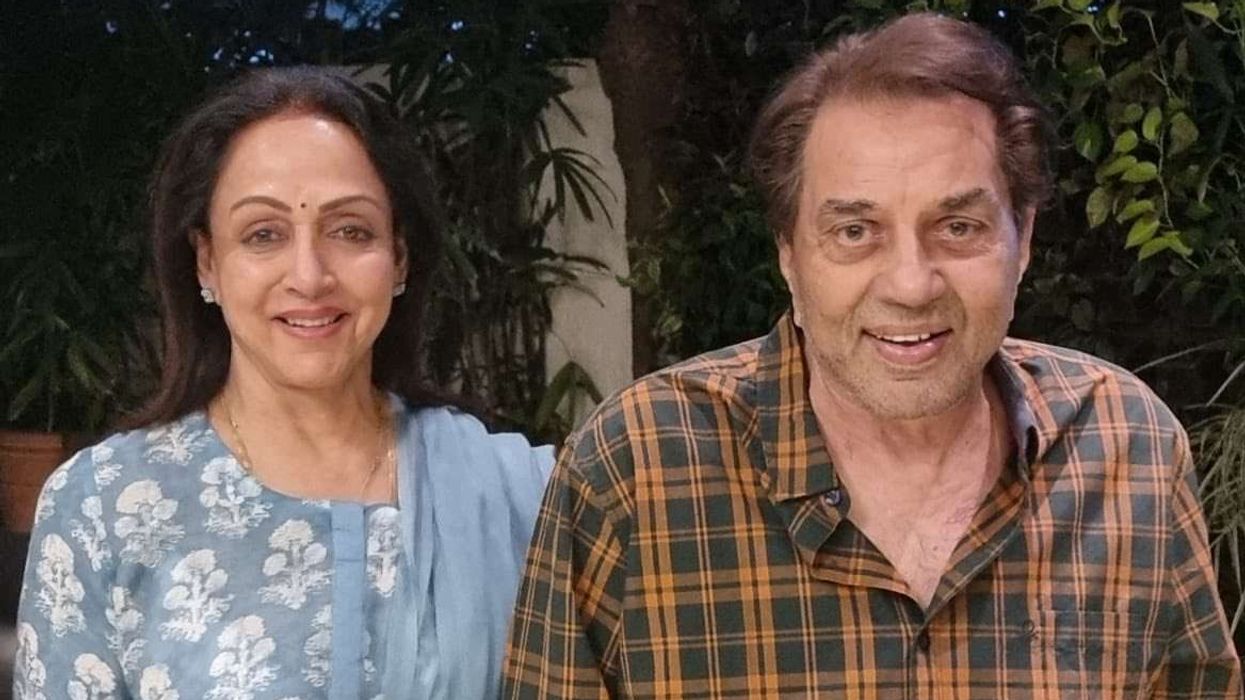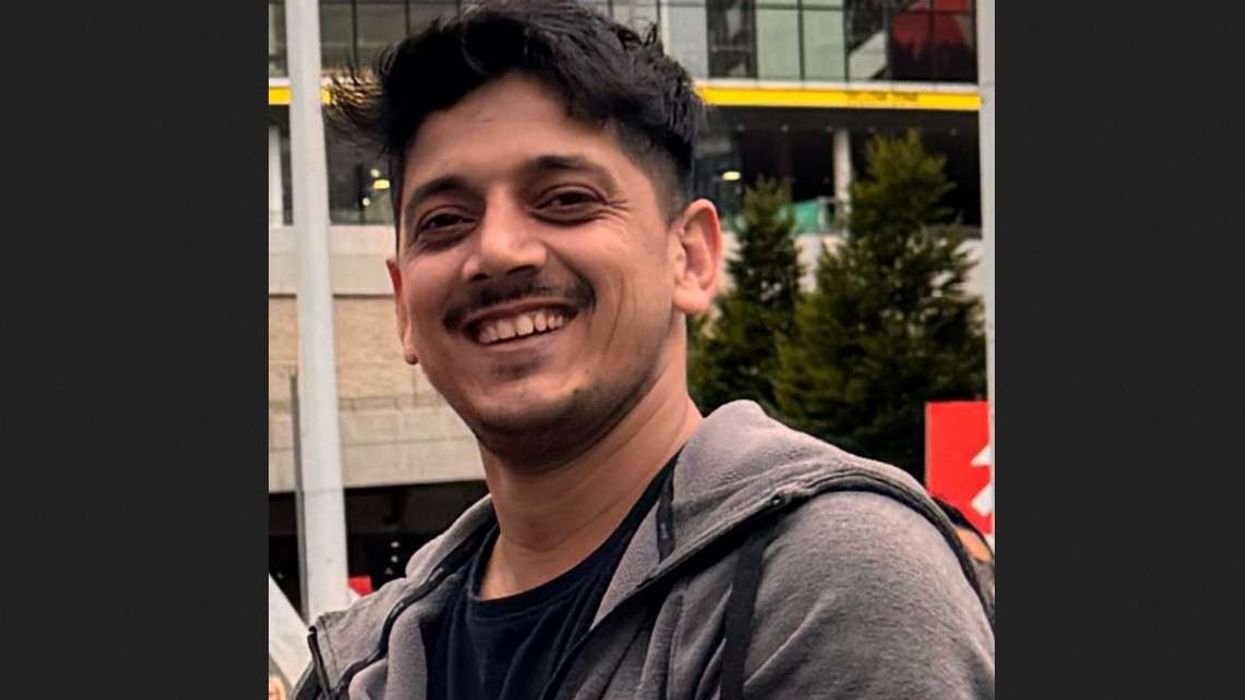PROFESSOR Devi Sridhar, 34, has emerged as a leading voice in the fight against the Covid-19 pandemic, arguing for ‘zero-Covid strategy’ to eliminate the virus, instead of merely suppressin
Writing soon after the UK went into its first lockdown in March 2020, Sridhar predicted “an endless cycle of lockdown and release over the next year” as a possible scenario. As the UK went into a third national lockdown in January 2021, interspersed with regional restrictions, the Indian-American scientist’s words of caution, always pronounced with bracing clarity, has assumed ever greater significance.
Her advocacy for significant restrictions may sound negative, but when she says we need to get ahead of the virus to avoid restrictions next winter, it’s time to take serious note. She is equally blunt to the criticism of being negative. “I don’t sell false hope or make myself popular by saying virus will just disappear. It won’t. We can either be at the mercy of this virus, or we can proactively get ahead of it. It’s up to [the] governments and to us.” That was her refrain to the Twitterati.
Sridhar, a professor at the University of Edinburgh where she is the founding director of the Global Health Governance Programme, plays an important role in shaping the Scottish government’s policy decisions around the pandemic, as a member of the devolved administration’s Covid-19 advisory group. She also serves
on the Royal Society DELVE initiative, which inputs into the UK Scientific Advisory Group for Emergencies, and the International Best Practice Advisory Group of the UK Cabinet Office.
However, it’s her interventions in the media in the debates surrounding the pandemic that has catapulted her as an opinion maker. She has repeatedly debunked the economy vs Covid-19 argument, warning that in the medium to long term, it is clearly the virus, not the restrictions themselves, that would hurt the economy.
She has also been a staunch critic of the influenza model, of letting the virus spread, that the UK followed to treat what is effectively a SARSlike condition.
With the country suffering in terms of both lives and economy, she is now betting her hopes on the public. “Just because the government guidance permits behaviour that is irresponsible, and enforcement may be lax, it doesn’t
mean it is safe. In the absence of strong and effective leadership, we’ve all been placed in a position of individual responsibility,” she wrote.
Sridhar’s commitment to public health is driven by the loss of her father, Dr Kasi Sridhar who had been a lung cancer specialist at the University of Miami, to cancer. “Even as a teenager I could see that health was the definition of true wealth,” she has told the Lancet.
Born and raised in Miami, she became the youngest Rhodes Scholar in the US, securing a seat at the University of Oxford at the age of just 18. After completing her DPhil, she worked at Oxford till 2014 when she moved to Edinburgh, being appointed a professor at just 30.
Her first book in 2008, The Battle against Hunger: Choice, Circumstance and the World Bank is an outcome of her doctoral research that studied malnutrition and infectious diseases in settings that ranged from rural villages to slum housing in Delhi. She has authored three more books and published in leading journals such as Nature, Science, the New England Journal of Medicine, the Lancet and the British Medical Journal.







